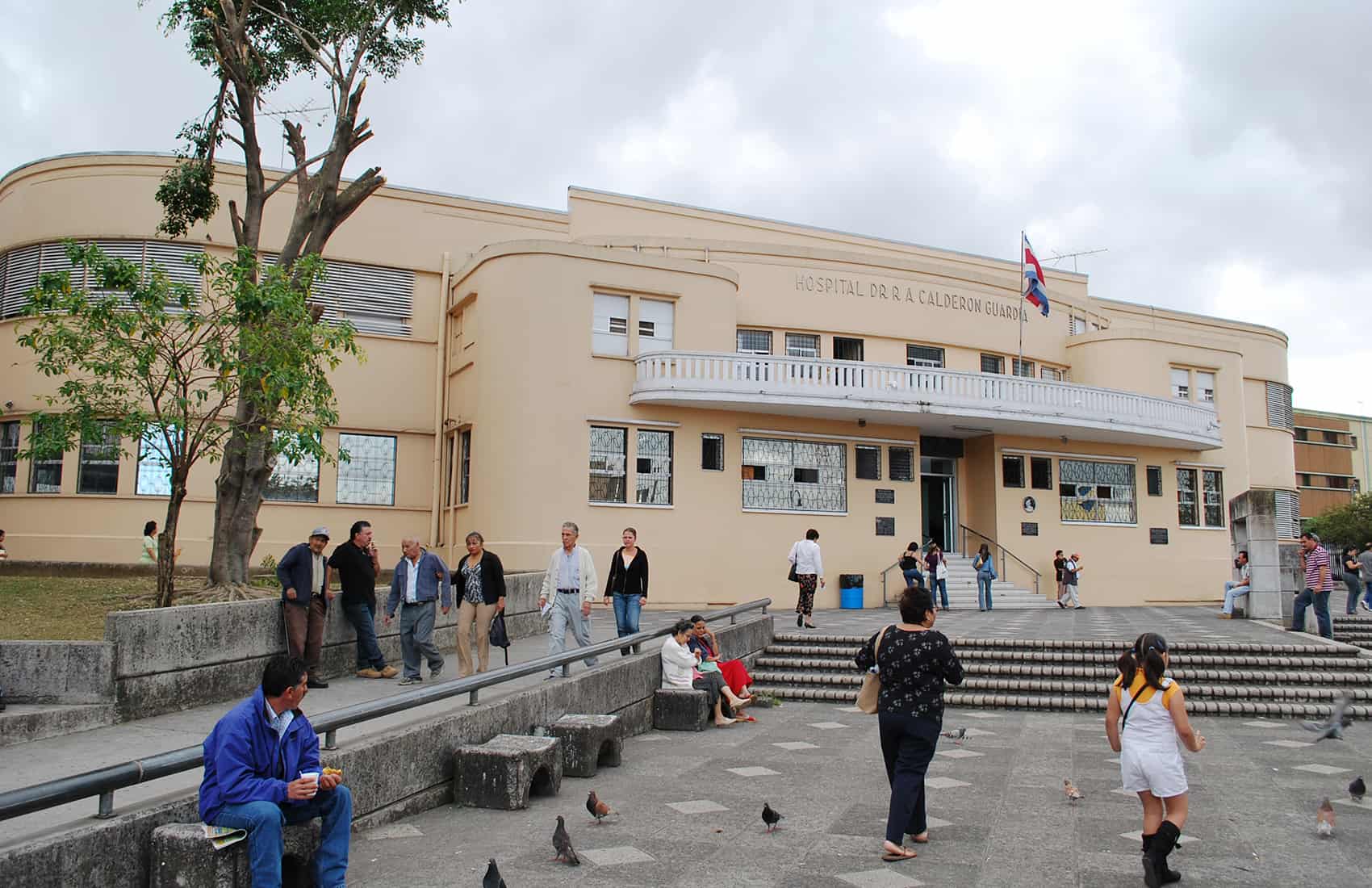The Social Security System (CCSS) announced Wednesday that Costa Rica will begin administering the human papilloma virus (HPV) vaccine as part of its basic vaccination schedule.
Dr. Román Macaya Hayes, executive president of CCSS, said the country’s initial target is to immunize more than 35,000 girls who will turn 10 years old in 2019. The vaccine helps to prevent cancers caused by HPV.
“As parents, we should be aware that cervical cancer is avoidable in a large percentage of cases, and this vaccine is an instrument of protection,” said Dr. Macaya Hayes.
Batches of the vaccine have already arrived in Costa Rica and will undergo quality-control checks before being distributed to healthcare facilities nationwide for administration.
CCSS cited the 270 million doses of HPV vaccine that have been administered worldwide as proof of its efficacy.
“We can say that it is an effective and safe vaccine, and it is good news for women in Costa Rica,” Dr. Macaya Hayes said.
“From now on, every year, we will continue to vaccinate girls who turn 10 years old because it will be part of the basic vaccination schedule.”
According to the Centers for Disease Control (CDC), about one in four people in the United States is currently infected with HPV. The majority of cases resolve without symptoms or further complications, but in certain cases the virus can cause cancers.
The CDC says HPV can cause:
- cancers of the cervix, vagina, and vulva in women;
- cancers of the penis in men; and
- cancers of the anus and back of the throat, including the base of the tongue and tonsils (oropharynx), in both women and men.
The CDC recommends all children (both boys and girls) receive the HPV vaccine; CCSS has only announced plans to vaccinate girls in Costa Rica.
In Costa Rica, vaccinating children is “an obligation” for parents, according to the Child Welfare Office (PANI).
“It is an obligation of fathers, mothers and adults to take children between 15 months and 10 years old to be vaccinated,” said the Minister of Children and Adolescents, Patricia Vega Herrera. “This is to fulfill the right to health and the duties of protection and care.”






